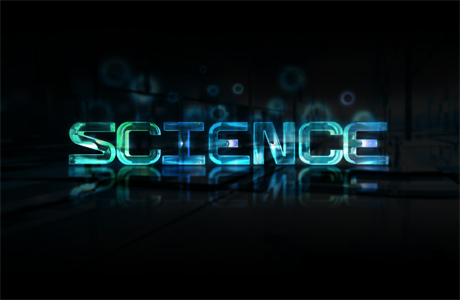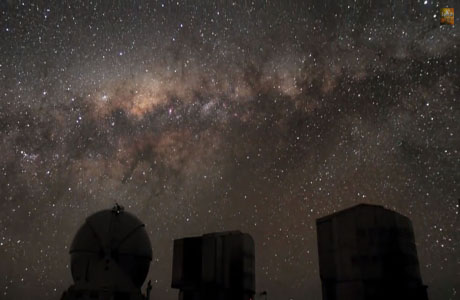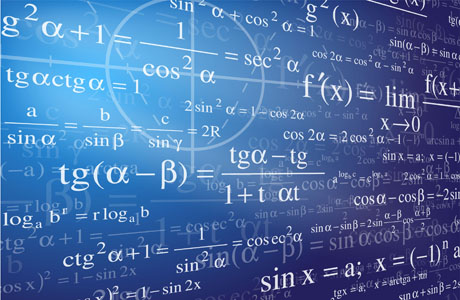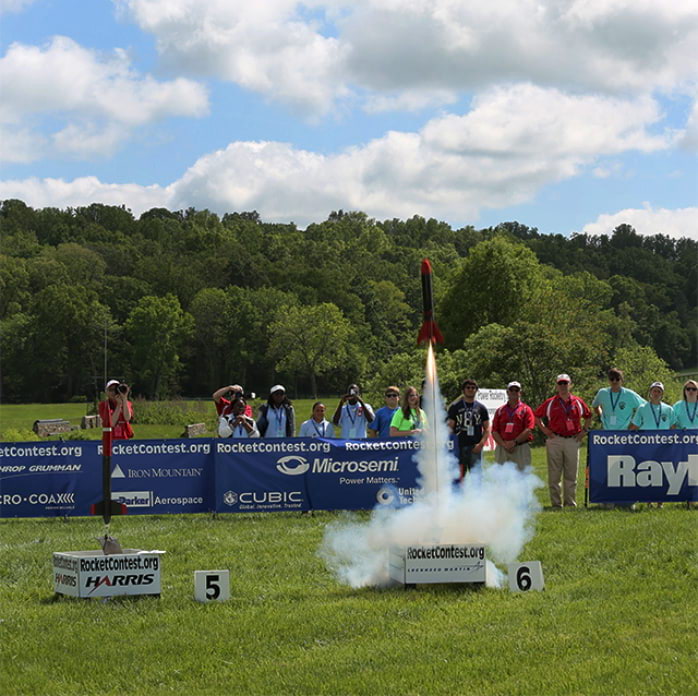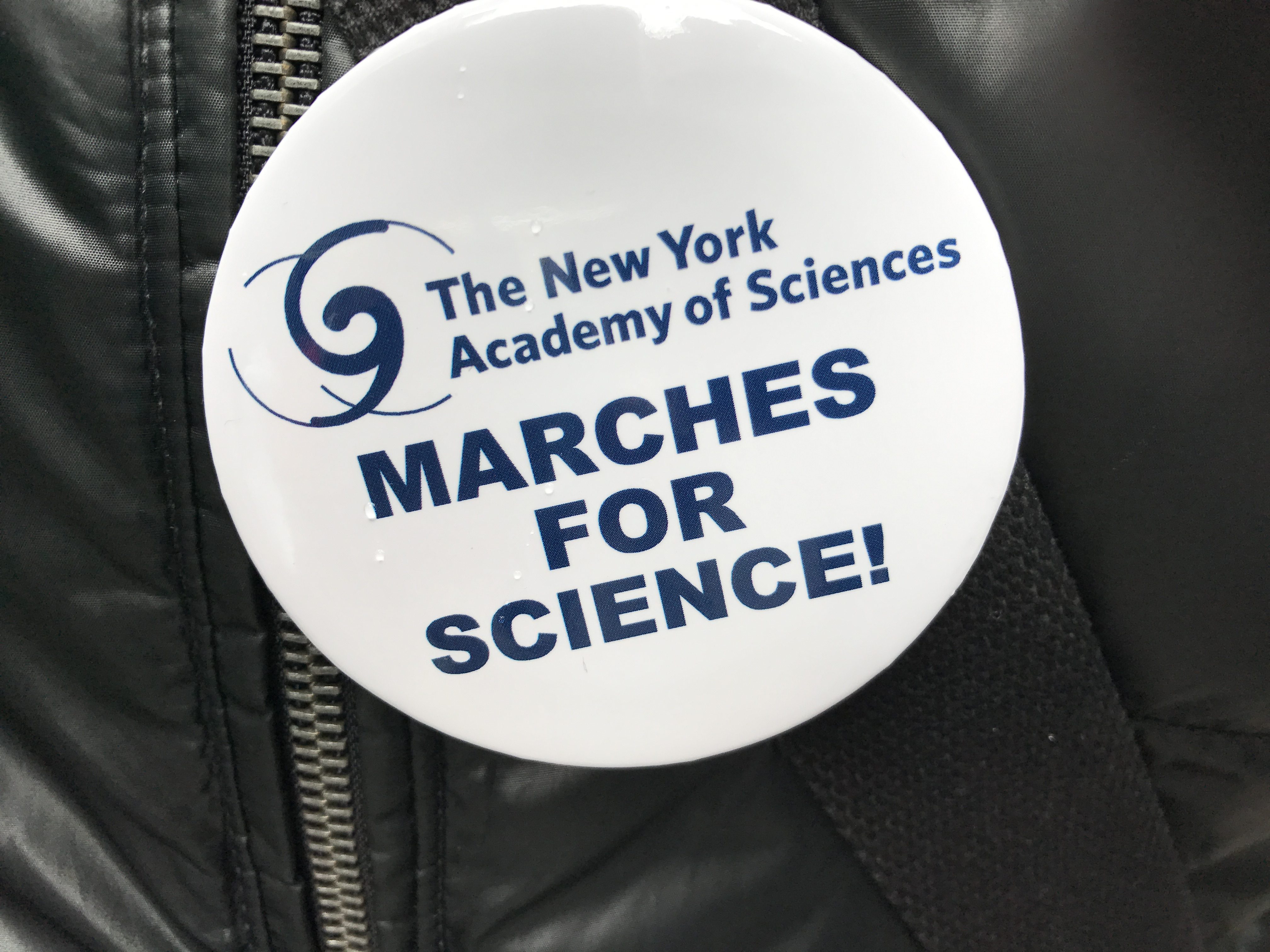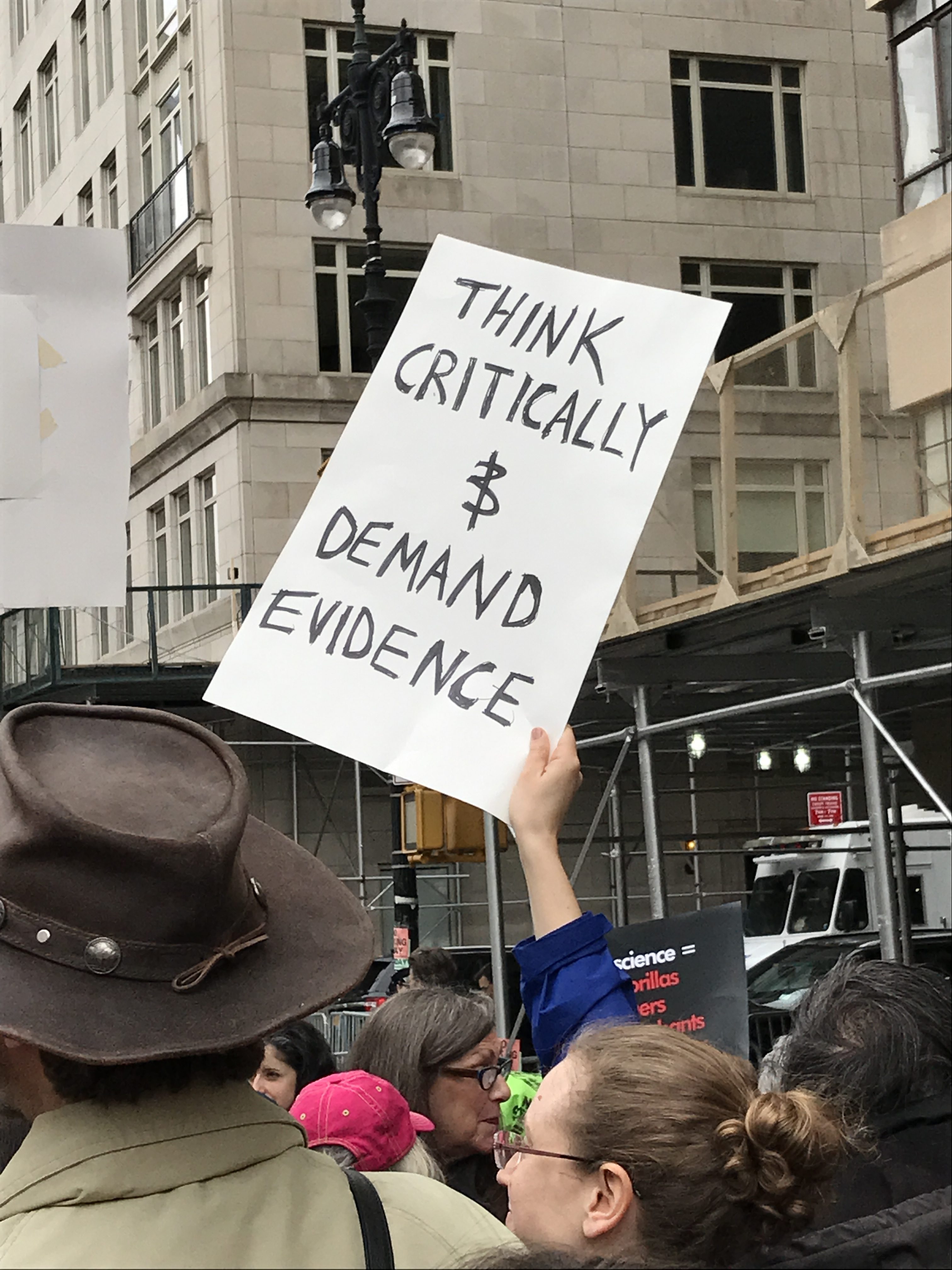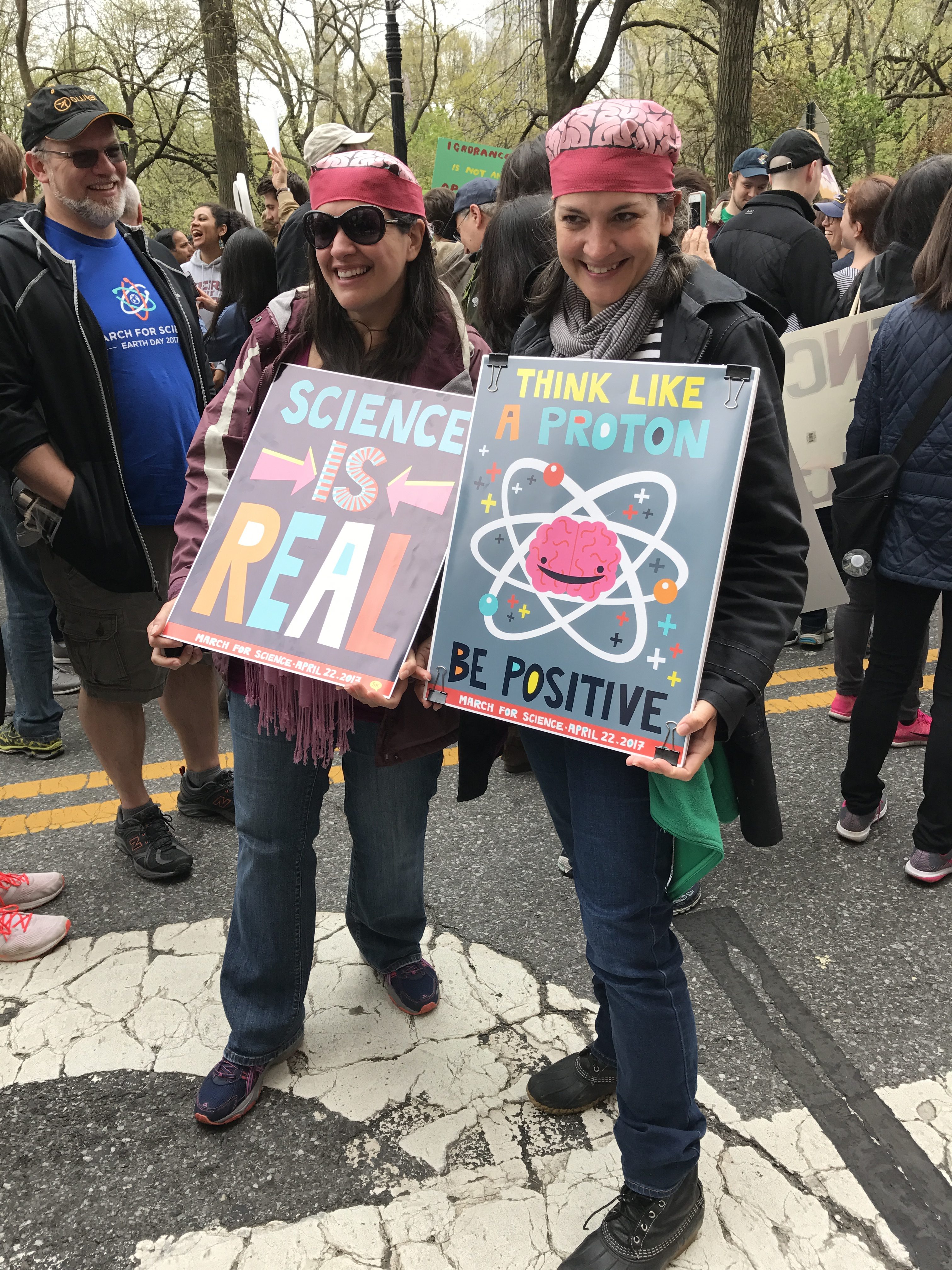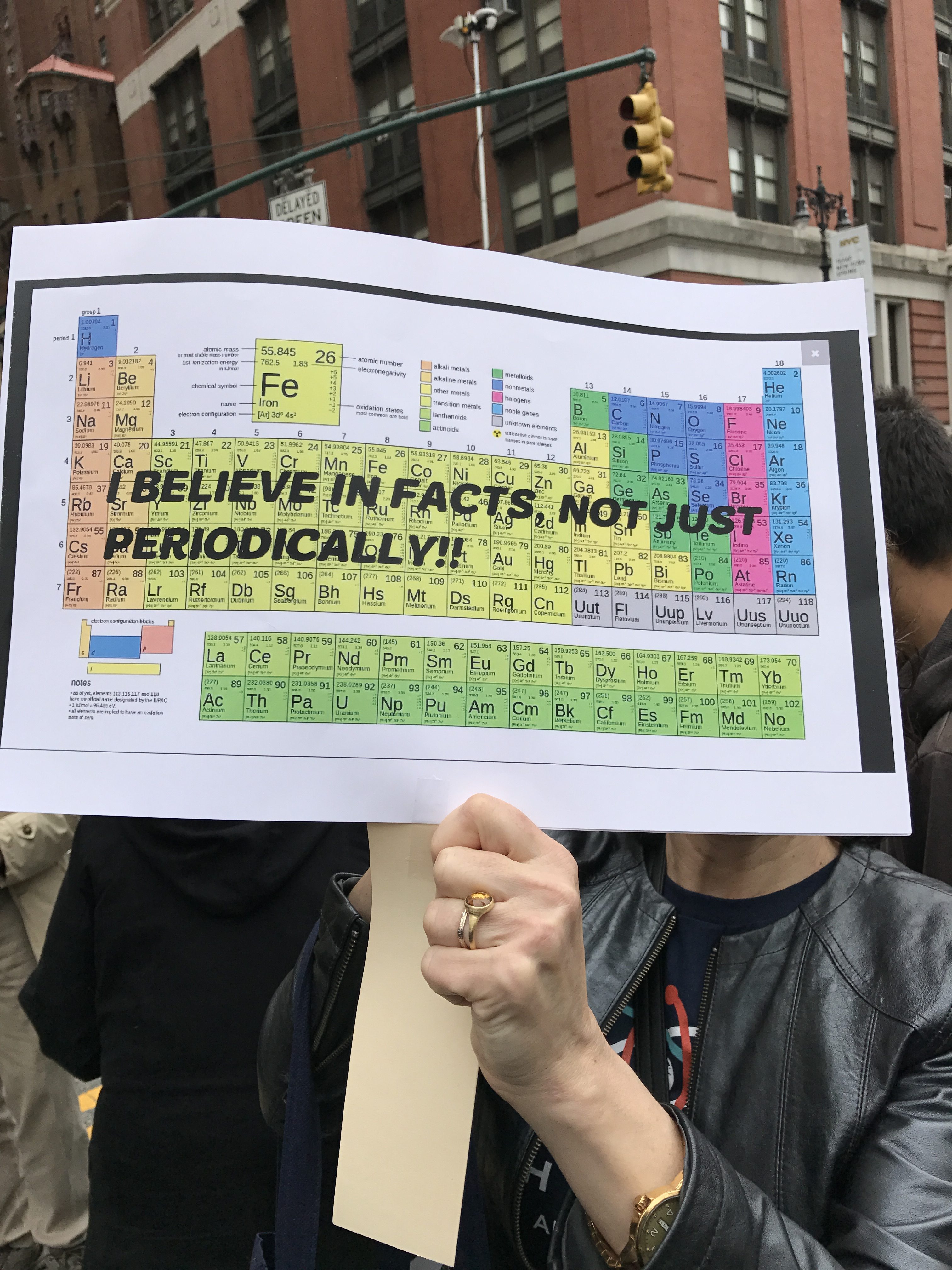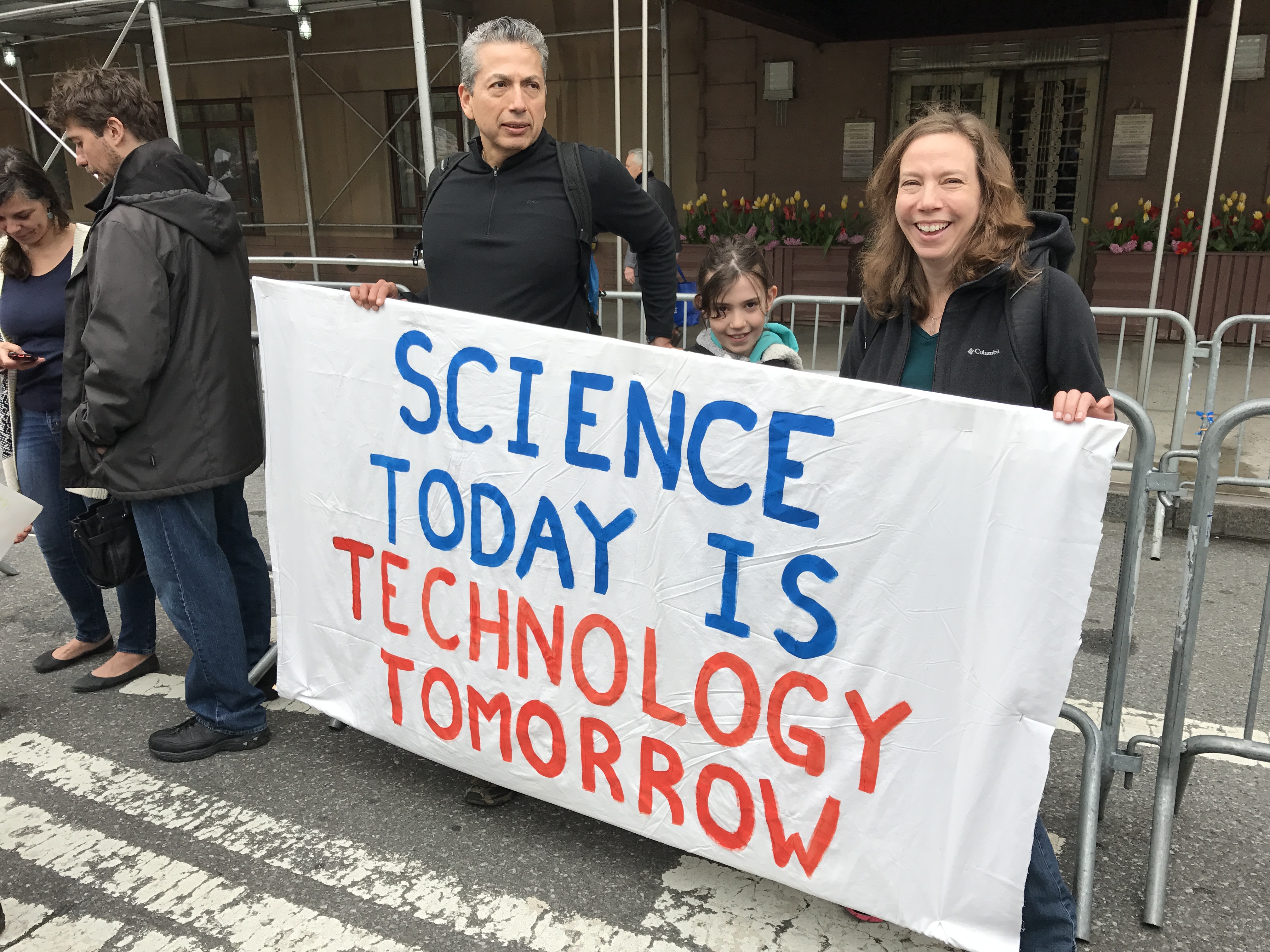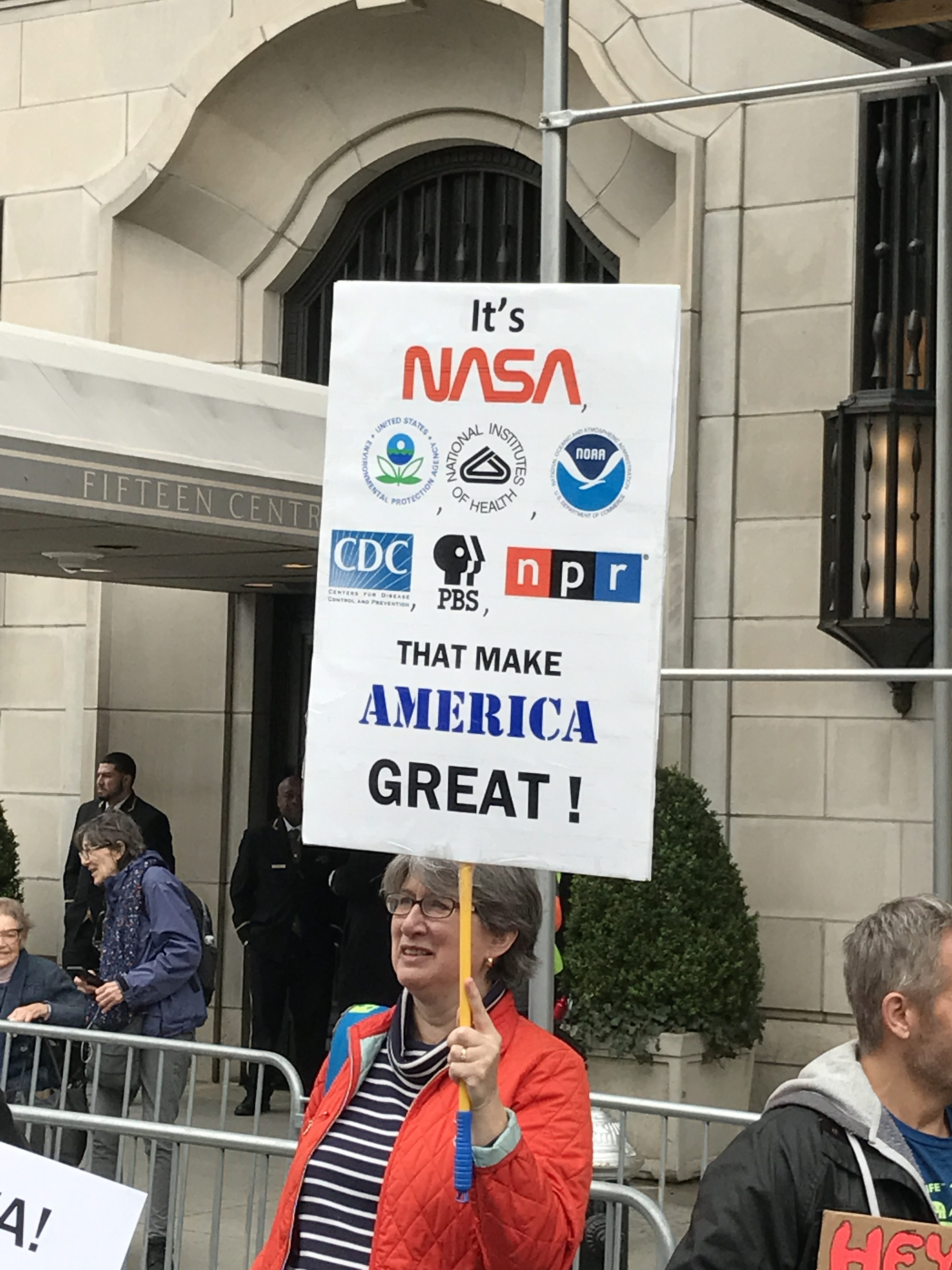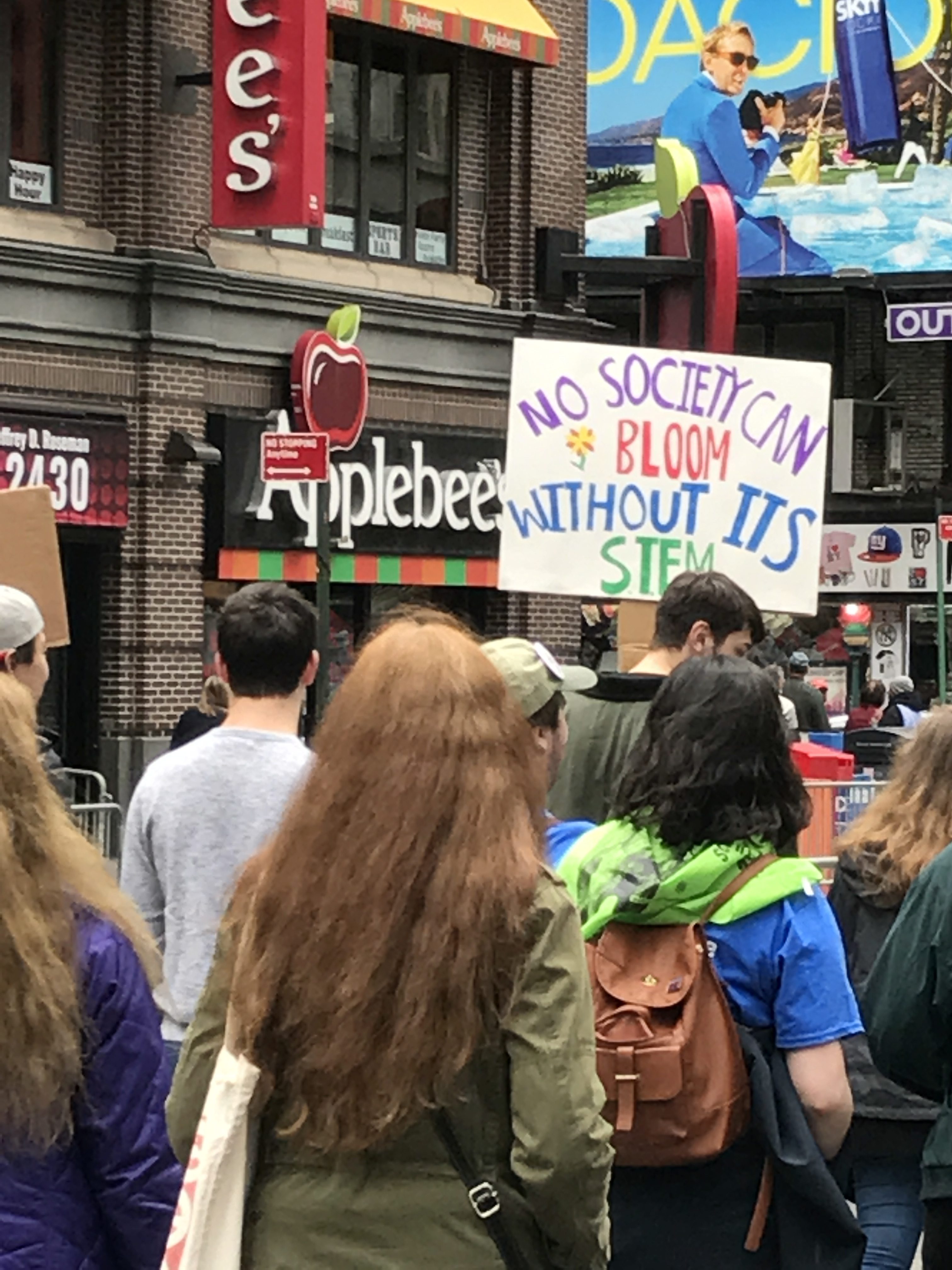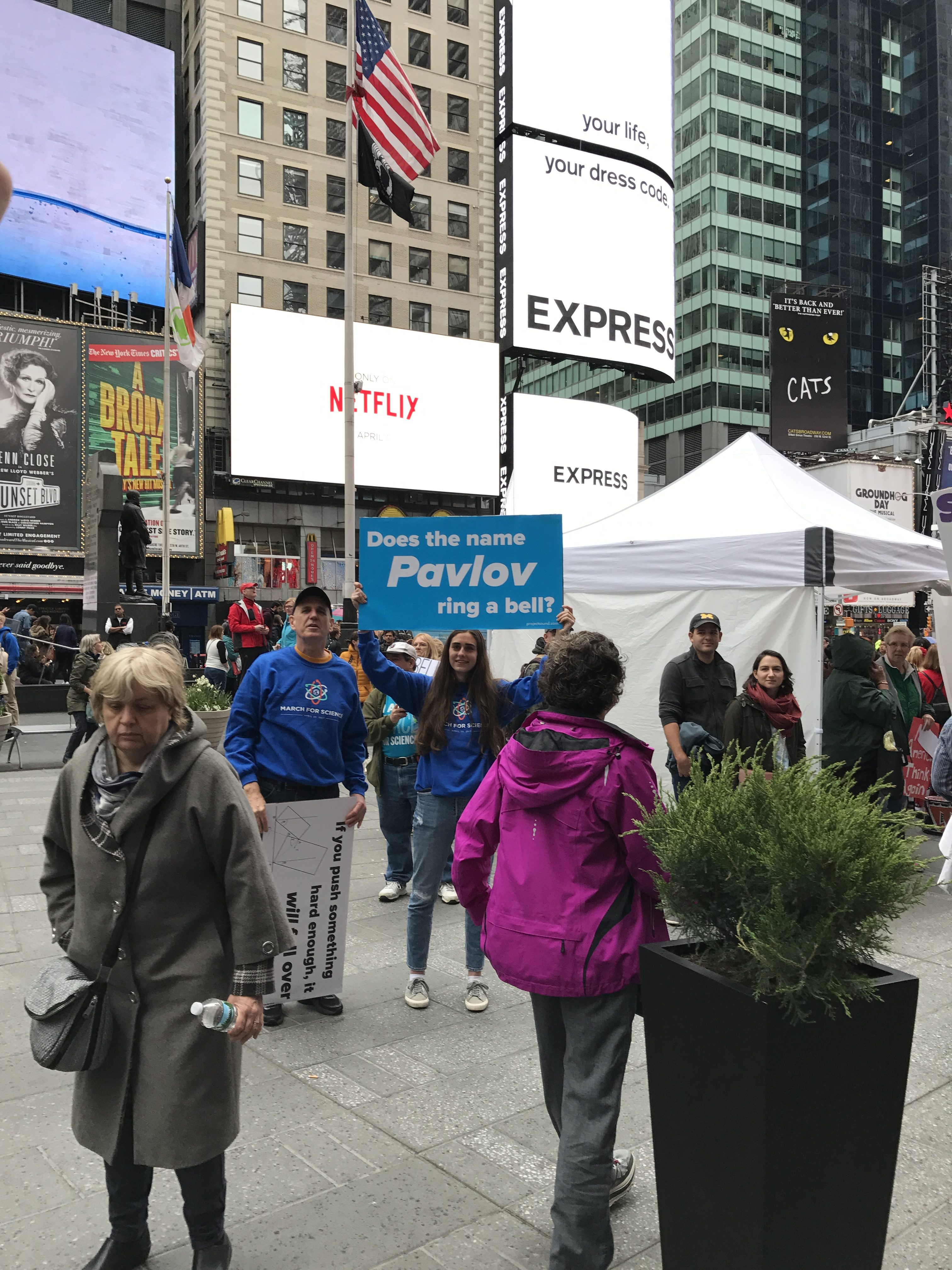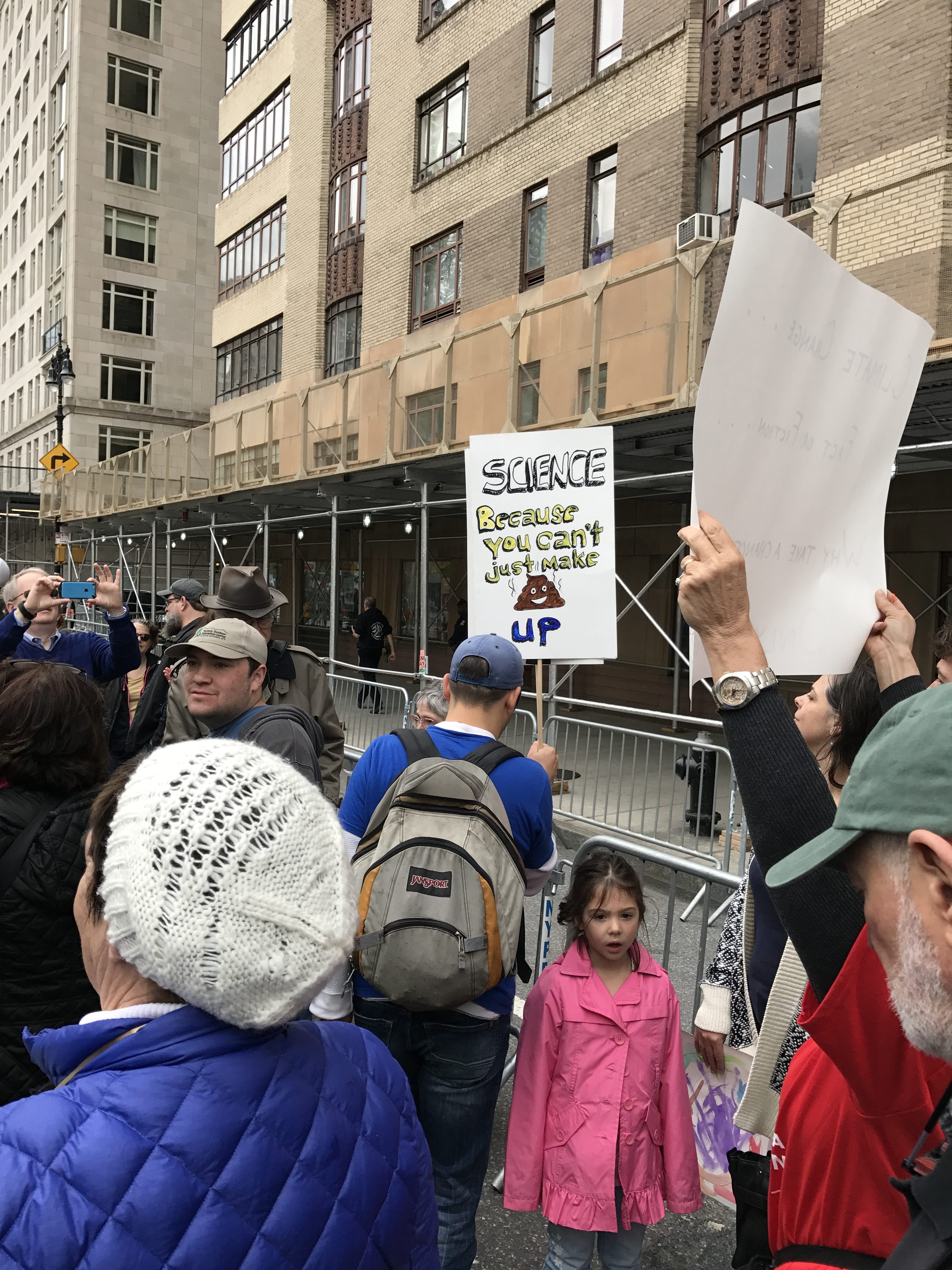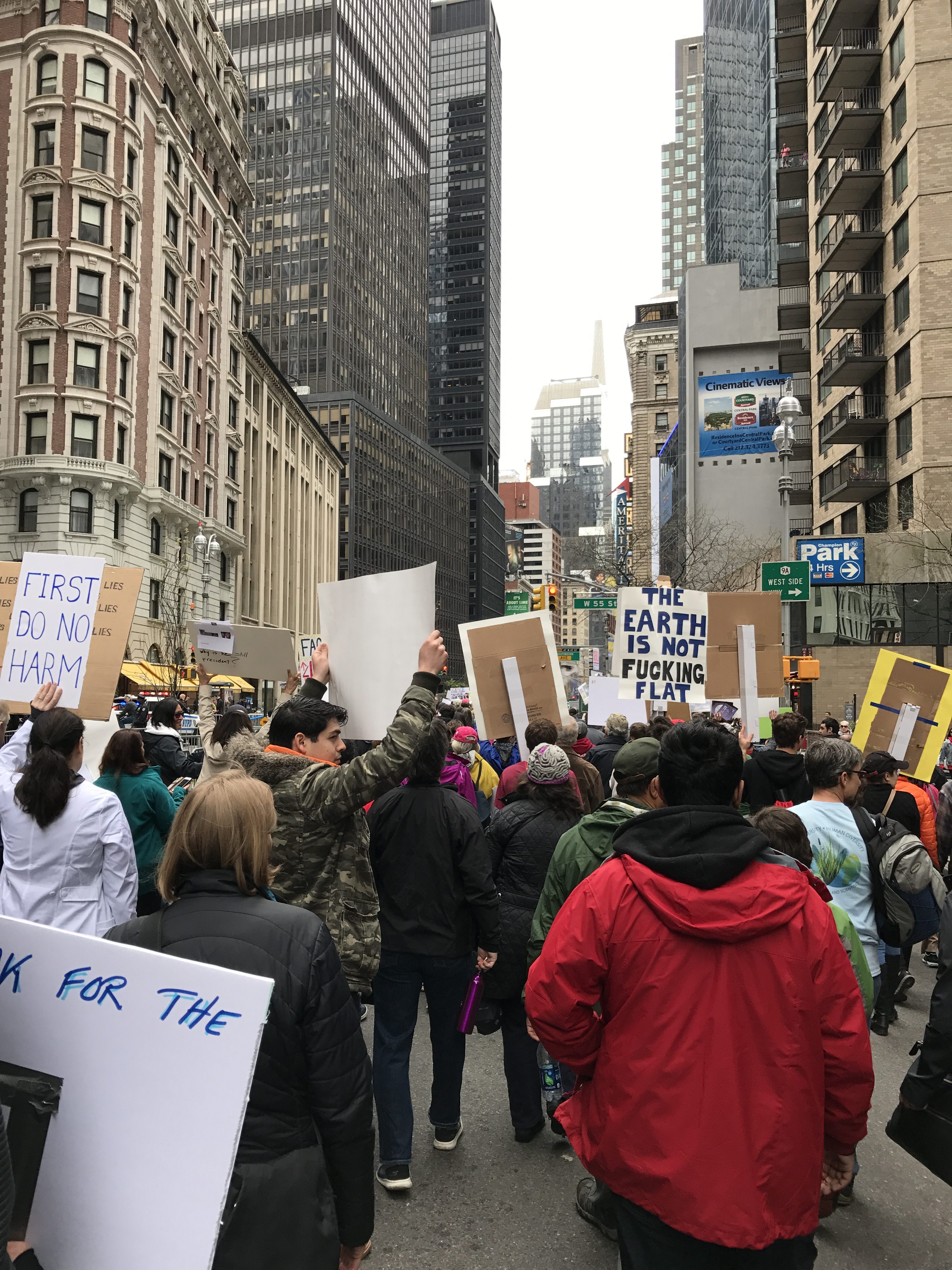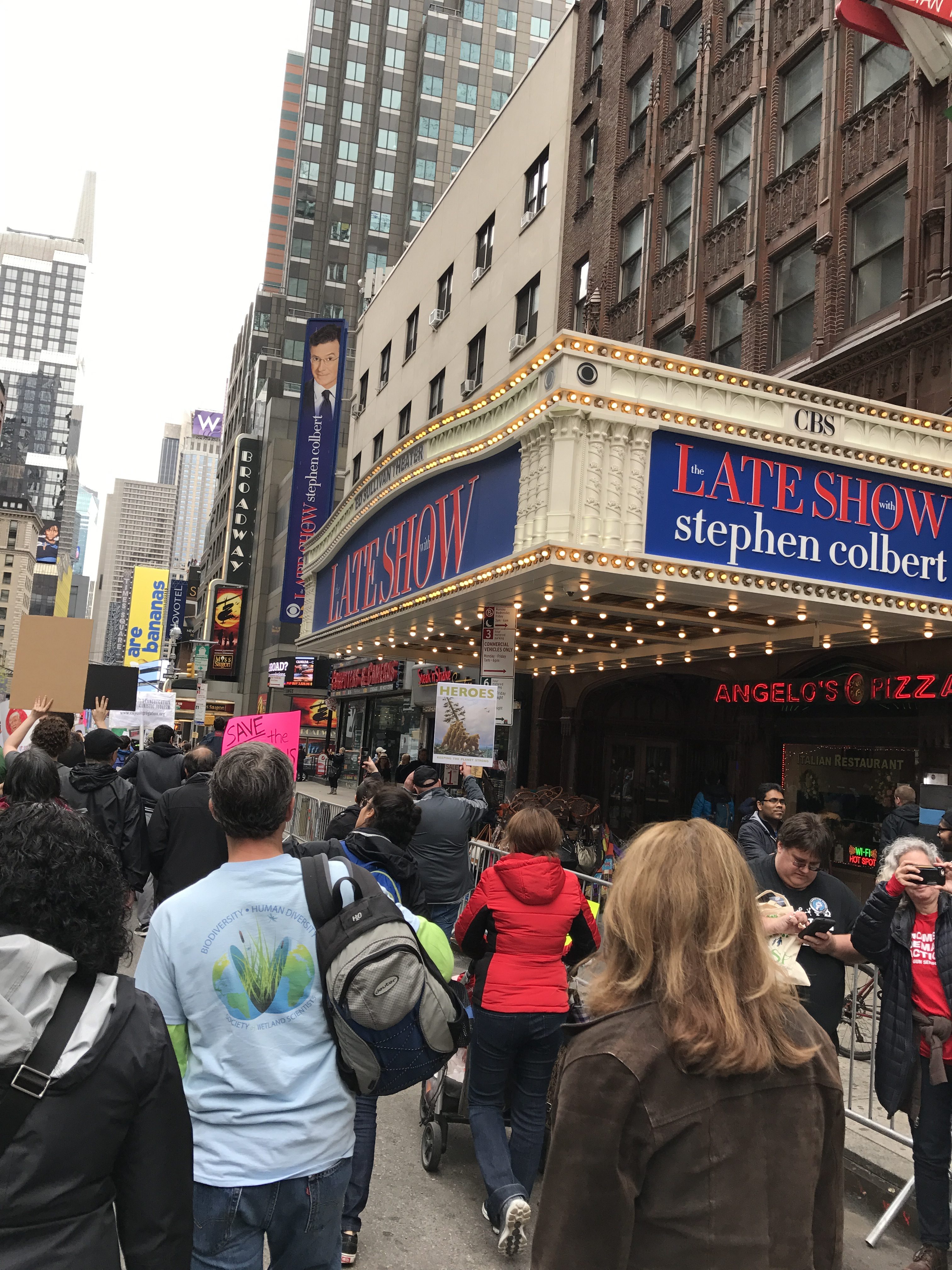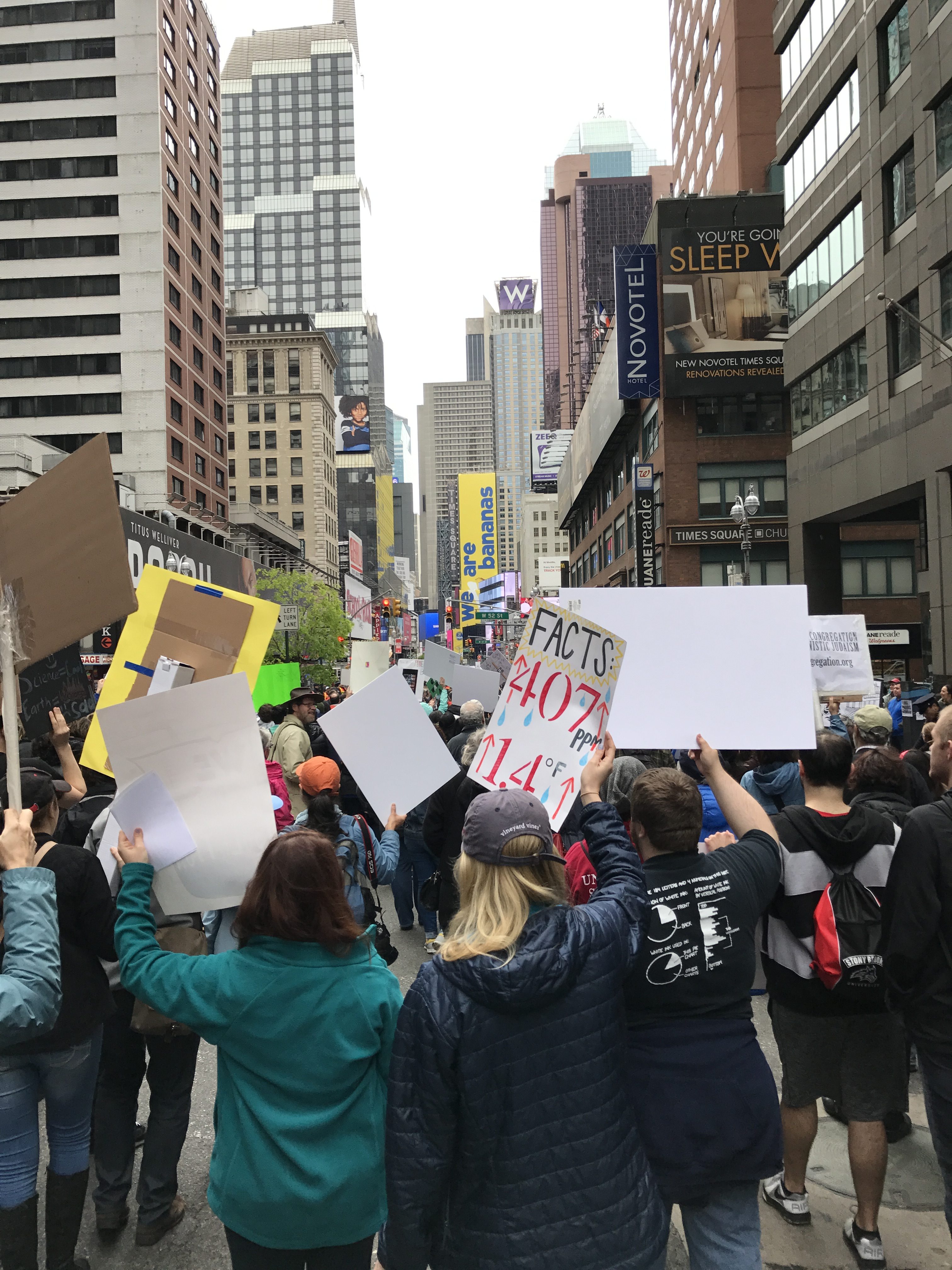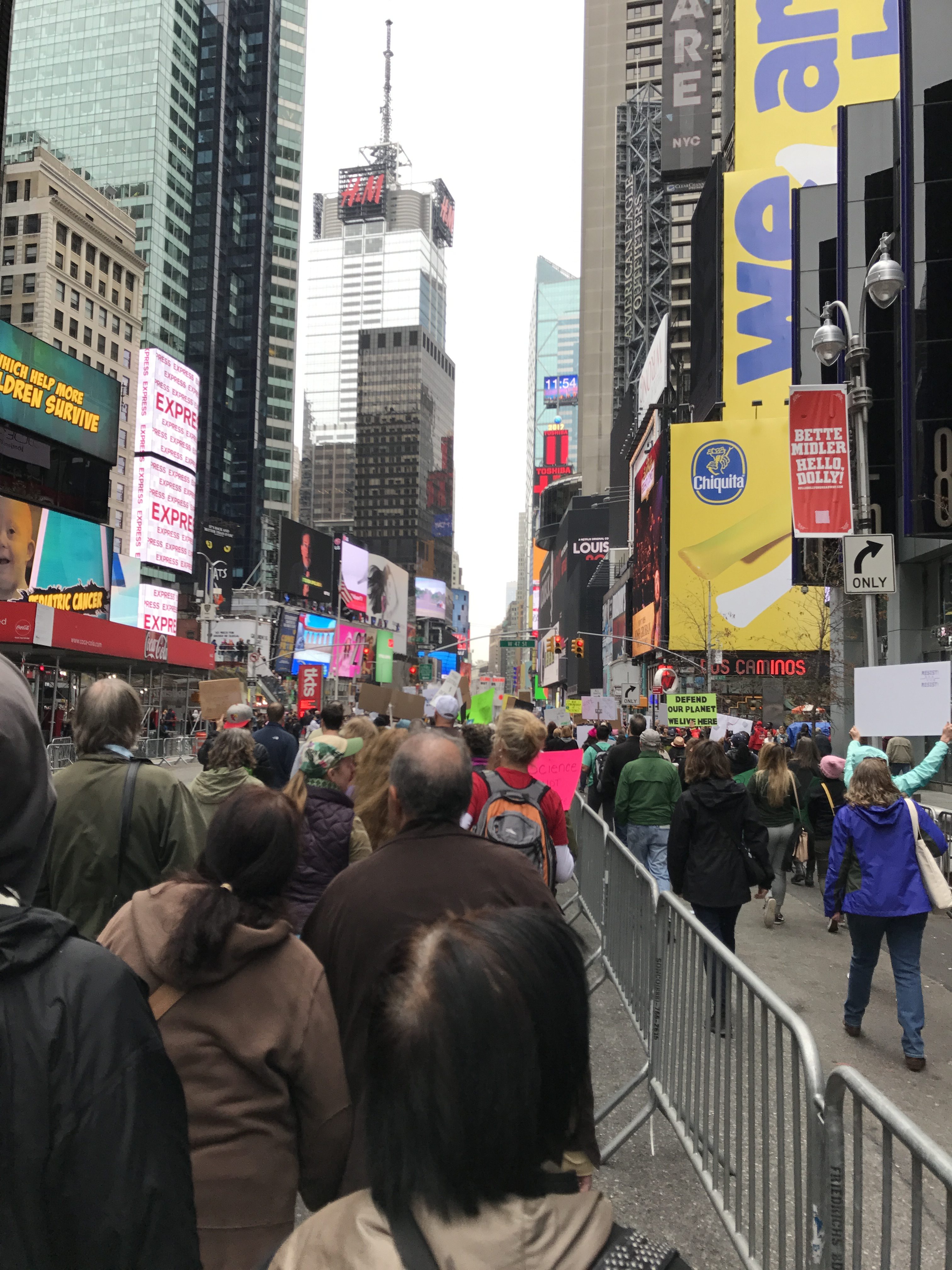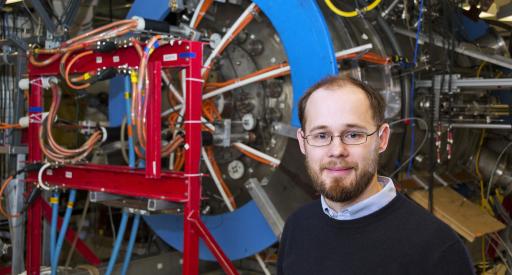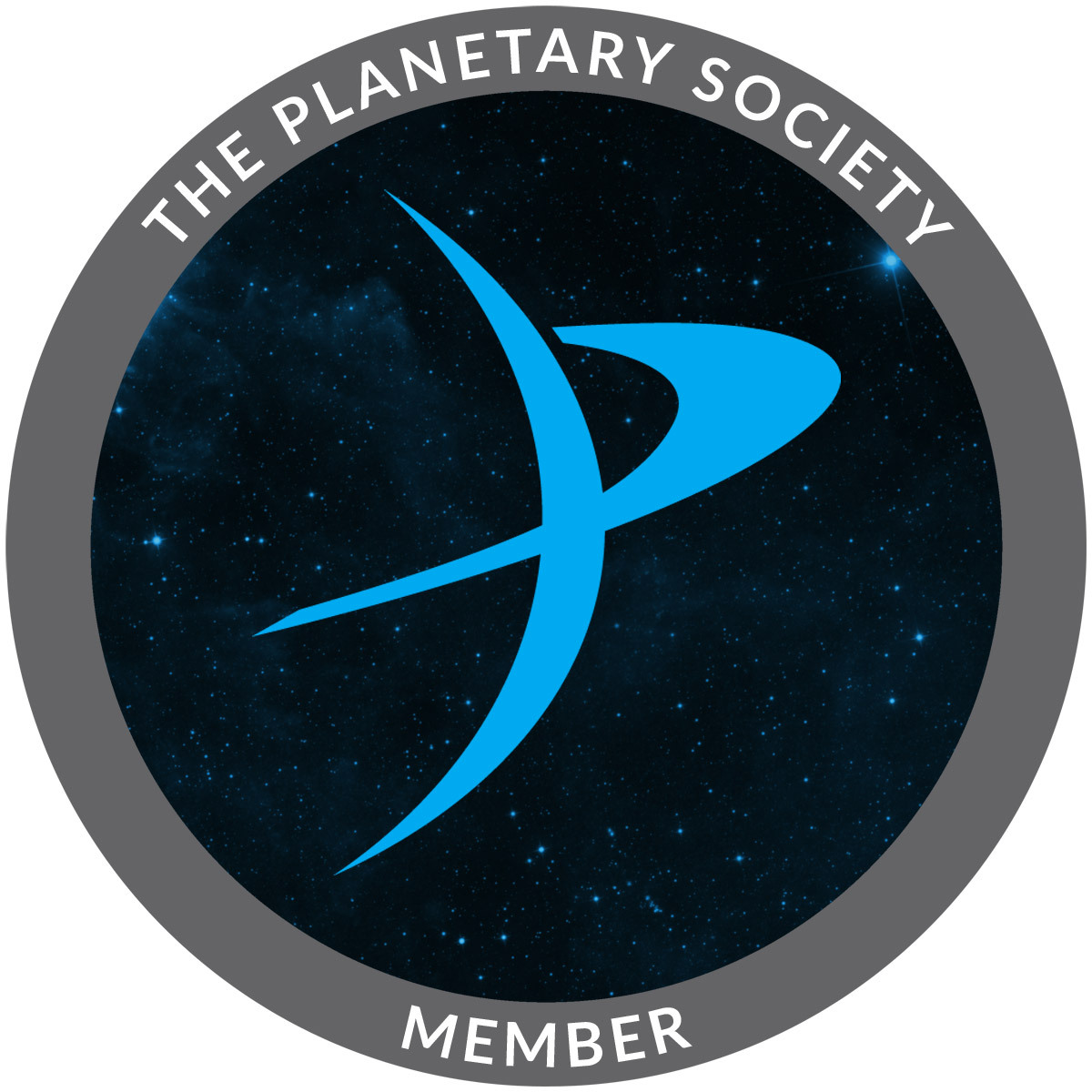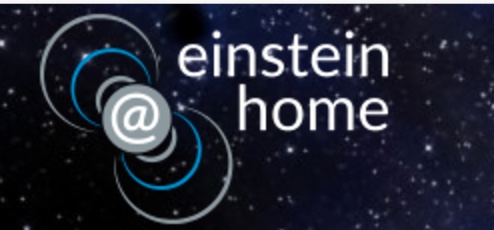Schools Tap Secret Spectrum to Beam Free Internet to Students
 Pioneering school districts tap an obscure public asset to put broadband into students’ homes.
Pioneering school districts tap an obscure public asset to put broadband into students’ homes.
Source: Schools Tap Secret Spectrum to Beam Free Internet to Students
Dawn of Private Space Science Symposium 2017 | #DPSS17
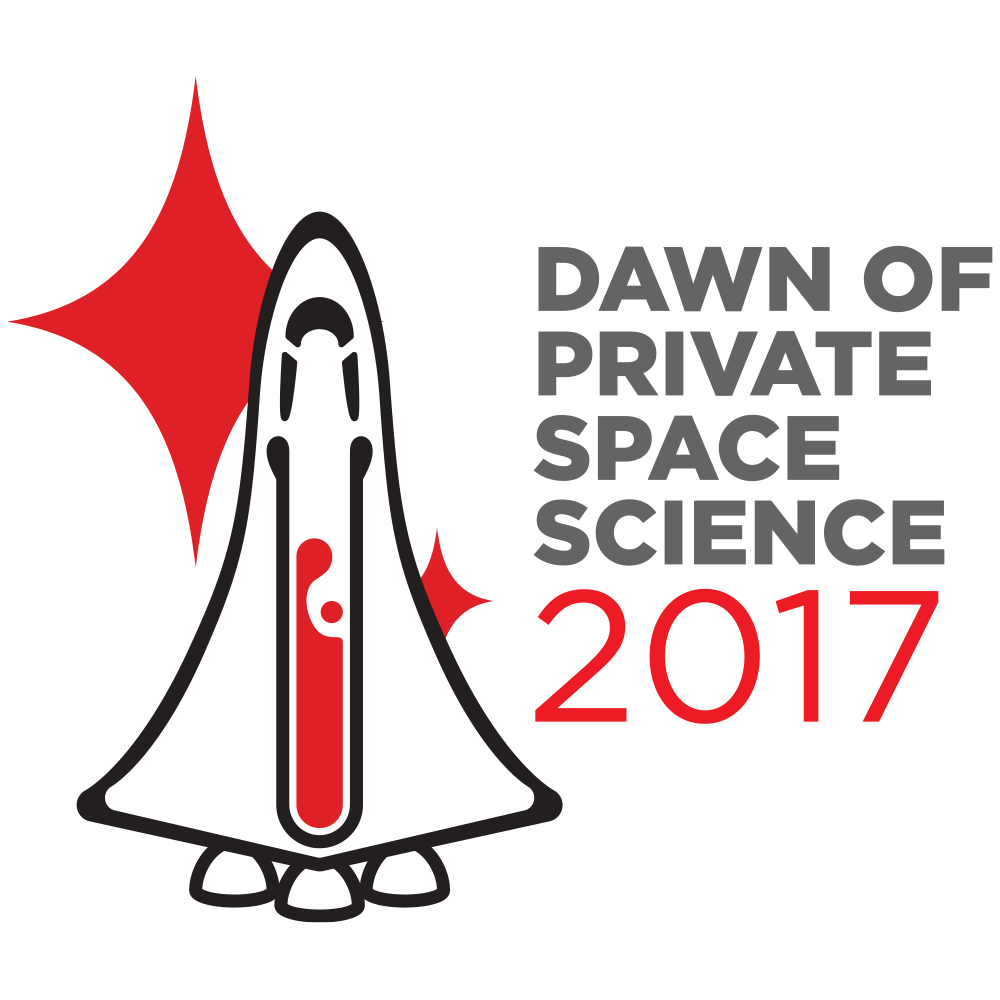 Bringing scientists, foundations, corporations, policy makers & private spacelines under one roof to chart the future of space science @ Columbia University
Bringing scientists, foundations, corporations, policy makers & private spacelines under one roof to chart the future of space science @ Columbia University
Source: Dawn of Private Space Science Symposium 2017 | #DPSS17
Team America Rocketry Challenge Winners
Festus High School Rocketry Club out launch nation’s top teams, will represent U.S. at International Competition in June
The Plains, Va. – Proving their impressive prowess with science, technology, engineering, and math (STEM) skills, the Festus High School of Festus, Mo., captured first prize at the Team America Rocketry Challenge’s (TARC) Final Fly-off, held Saturday near Washington, D.C. They defeated the top 100 teams from across the United States, to win the world’s largest rocket contest.
“After we won, most of us weren’t sure whether we wanted to scream or run eight miles because that’s how much energy we had,” said 16-year-old Grace Basler, who was participating in TARC for the first time.
Devin Lorenz, 24, led the team as mentor and sponsor and is also a TARC alumnus from the Festus High School TARC team that finished runner up in the 2008 Final Fly-off.
“I’m amazed,” said Lorenz. “I didn’t even consider this a possibility. We wanted to get them to TARC and make sure they had a good time. It’s just an amazing accomplishment. I’m really proud of the team.”
To achieve victory, the team Rylie Martin, 16, Ashton Croft, 15, Grace Basler, 16, Christopher Carden, 18, Cydney Breler, 18, Timothy Ruesche, 17, Ryan Brown, 17, Ed Bohart, 17, and Joel Marler, 17, had to design and launch a rocket capable of meeting precise engineering standards and mission requirements while protecting a raw egg throughout the flight of the rocket. The top-10 teams divided more than $100,000 in scholarships; the “STEAM-y Rocketry Club” won $20,000 and a trip to the International Rocketry Challenge in June, courtesy of the Raytheon Company.
“Our Team America Rocketry Challenge winners and all the students who competed demonstrated great skill, determination and spirit today,” said Aerospace Industries Association President and CEO David F. Melcher. “We’ll be rooting for our champions to keep the international title with the U.S. for the third consecutive year. We’re very proud of all the teams that helped make TARC’s 15th anniversary a memorable one.”
Since 2002, more than 65,000 middle and high school students have experienced hands-on engineering through the award-winning TARC program, developing skills to assist them in careers in STEM and aerospace.
TARC, the aerospace and defense industry’s flagship STEM program, is sponsored by the Aerospace Industries Association, the National Association of Rocketry (NAR) and more than 20 industry partners, including the Raytheon Company, the Boeing Company, Lockheed Martin Corporation and Thales USA.
“This is the 12th year that Raytheon has sponsored the Team America Rocketry Challenge, and each year we find the level of individual and collective team commitment to be truly inspiring,” said Thomas A. Kennedy, Raytheon Chairman and CEO. “As the rocket scientists of tomorrow, the young competitors exude an enthusiasm that is every bit as important as their knowledge and use of STEM. Together, you see the promise of leadership for our next-generation workforce and the technology advancements of the future.”
For complete competition results and high-resolution images please contact rocketcontest@aia-aerospace.org or visit the Team America Rocketry Challenge site.
###
-AIA-
Renowned French scientist Cécile De Witt dies at 94
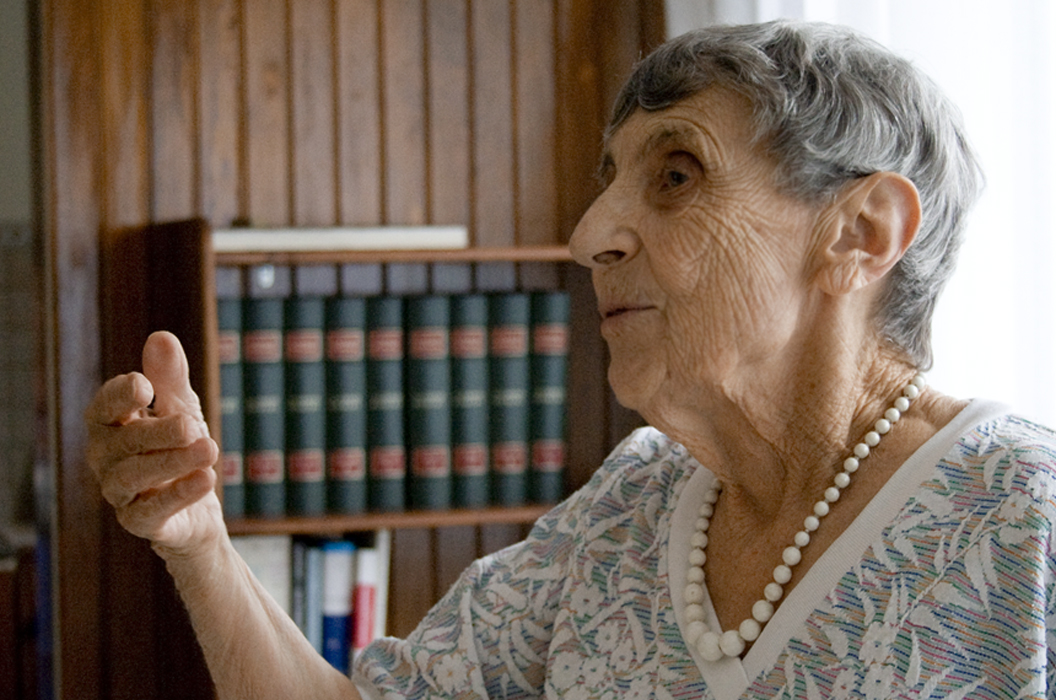 It is with great sadness that IHES learnt of the death of Cécile DeWitt-Morette, Jane and Roland Blumberg Centennial Professor in Physics at the University of Texas – Austin, occurred on 8 May 2017. A renowned French scientist, she worked at the frontiers of mathematics and physics. Although she decided to lead her career in … Continue reading “Renowned French scientist Cécile De Witt dies at 94”
It is with great sadness that IHES learnt of the death of Cécile DeWitt-Morette, Jane and Roland Blumberg Centennial Professor in Physics at the University of Texas – Austin, occurred on 8 May 2017. A renowned French scientist, she worked at the frontiers of mathematics and physics. Although she decided to lead her career in … Continue reading “Renowned French scientist Cécile De Witt dies at 94”
Source: Renowned French scientist Cécile De Witt dies at 94 – IHES
PPPL and Max Planck physicists reveal experimental verification of a key source of fast reconnection of magnetic fields
Magnetic reconnection, a universal process that triggers solar flares and northern lights and can disrupt cell phone service and fusion experiments, occurs much faster than theory says that it should. Now researchers at the U.S. Department of Energy’s (DOE) Princeton Plasma Physics Laboratory (PPPL) and Germany’s Max Planck Institute of Plasma Physics have discovered a source of the speed-up in a common form of reconnection. Their findings could lead to more accurate predictions of damaging space weather and improved fusion experiments.
Click here or on the picture for the full story: PPPL and Max Planck physicists reveal experimental verification of a key source of fast reconnection of magnetic fields
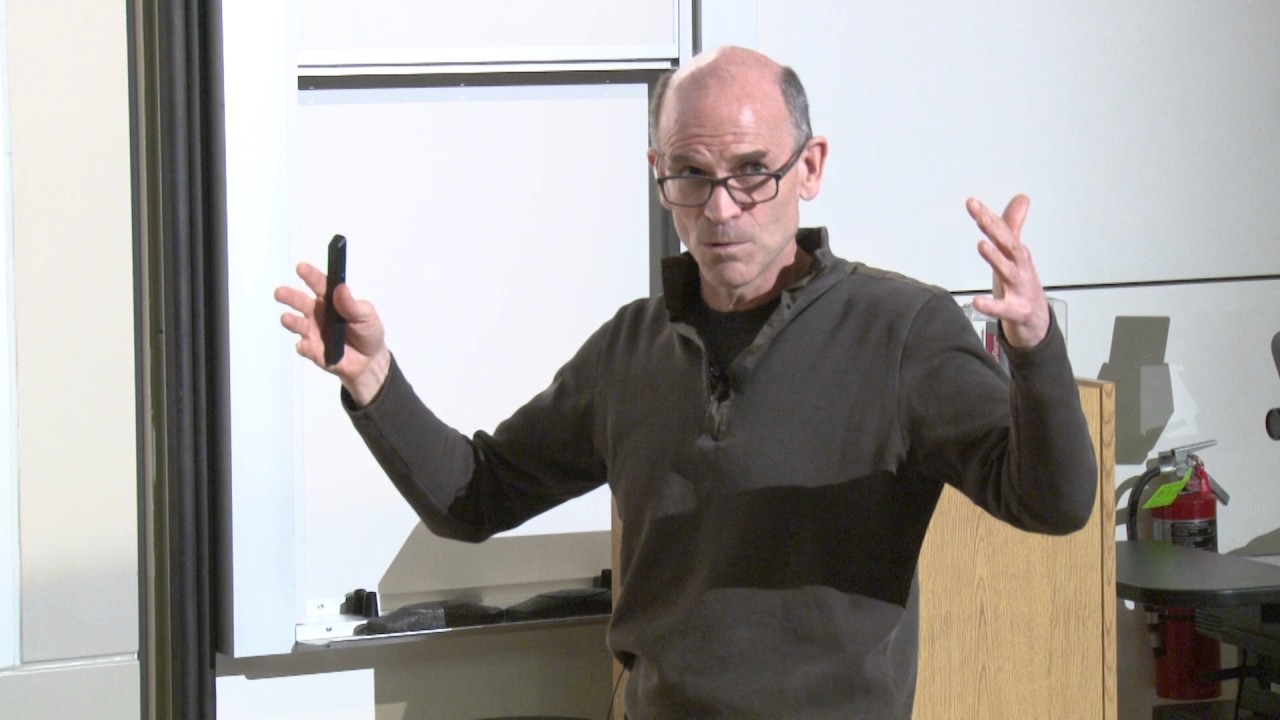
Lecture: John Carlstrom – What Do We Know About The Big Bang?
John Carlstrom gives the plenary lecture at the New Horizons in Inflationary Cosmology Templeton Conference organized by the Stanford Institute for Theoretical Physics.
Our understanding of the origin, evolution and make-up of the Universe has undergone dramatic and surprising advances over the last decades. Much of the progress has been driven by measurements of the fossil light from the big bang, called the cosmic microwave background radiation, which provides us with a glimpse of the Universe as it was 14 billion years ago. This talk will discuss what we know about the Big Bang and how we learned it. We will also talk about the new questions we are asking about the origin of the Universe and the experiments being pursued to answer them, peering back to the beginning of time.
Click here for the: Stanford Institute for Theoretical Physics
US Supercomputer Needs More People Power
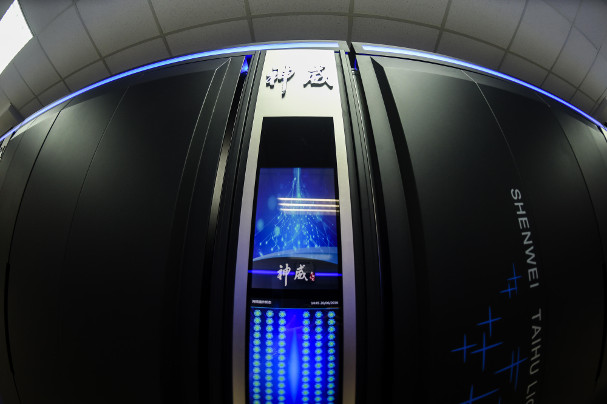
A large computing network that has helped design cancer drug candidates and search for extra-terrestrial life is struggling to maintain its volunteer network.
A citizen science initiative that encourages public donations of idle computer processing power to run complex calculations is struggling to increase participation.
Click here or the picture to see the full story: US supercomputer needs more people power
The Institute for Research on Innovation & Science (IRIS)
The Institute for Research on Innovation & Science (IRIS) is the major national source for data to support fundamental research on the results of public and private investments in discovery, innovation, and education. It provides credible data and rigorous findings about the productivity and public value of the research enterprise to inform effective policy-making, support outreach, aid in research management, and expand the state of knowledge.
Click here or on the picture for the Website: Institute for Research for Innovation & Science
